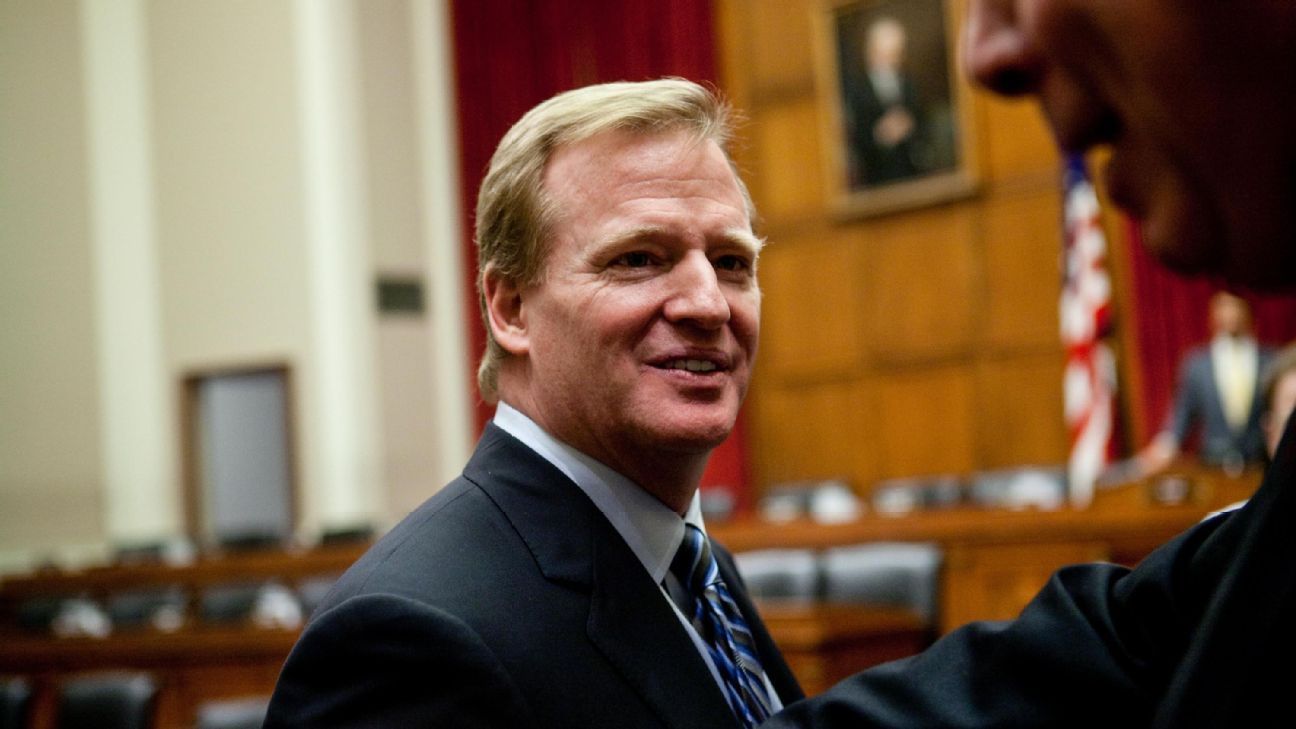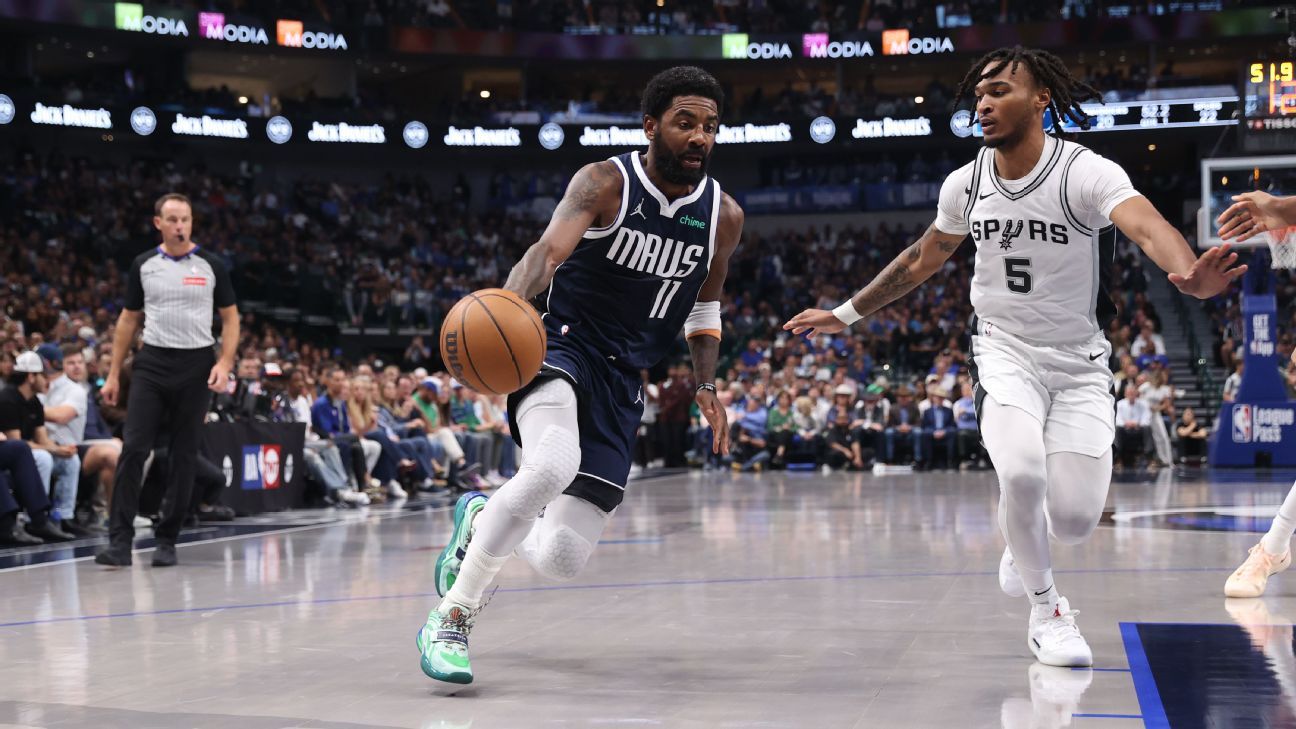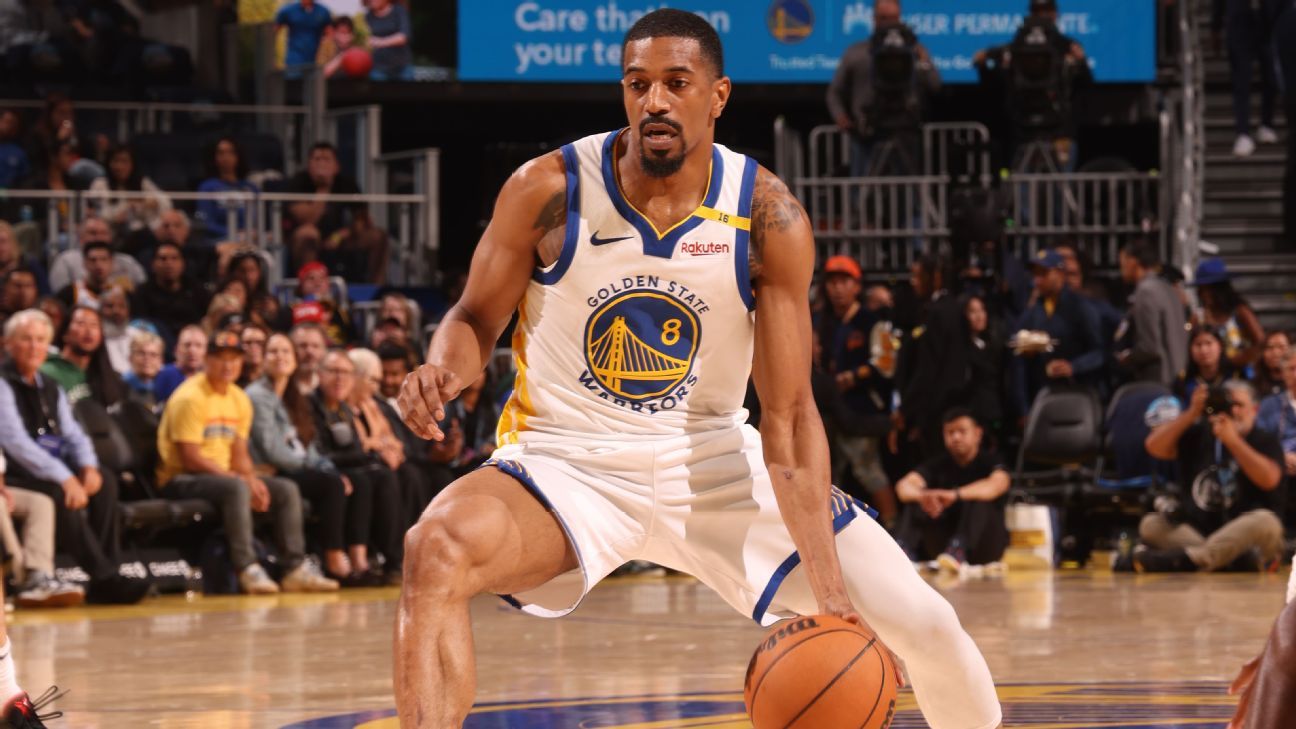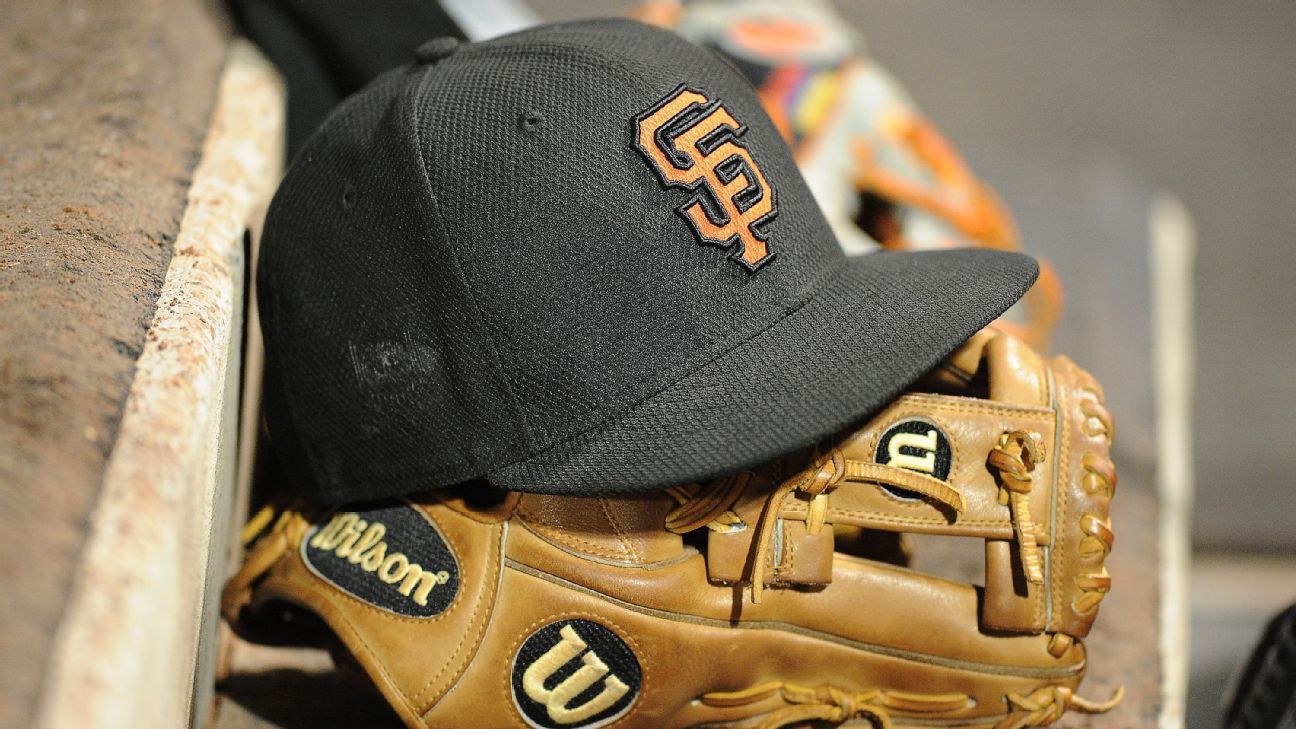
Editor's note: This is one in a series of six pieces that shows how professional sports owners in America contribute to political campaigns, why they spend millions in the space and what that financial power means as athletes across sports continue to embrace activism of their own.
IN 2007, ROGER GOODELL was facing issues a year into his tenure as NFL commissioner, and those issues were piquing the interest of lawmakers in Washington: player health and retirement benefits, the subject of a congressional hearing; steroid use across sports; and the league's nonprofit status and broadcast antitrust exemption.
Goodell, the son of a former U.S. senator, sought to strengthen the league's political influence. He boosted lobbying efforts, increasing NFL expenditures in the space to more than $1 million that year for the first time. He opened a Washington, D.C.-based office and hired Jeff Miller to be its first in-house lobbyist. And a year later, with a $5,000 donation from Goodell and $2,500 from longtime league employee Joe Browne, the NFL borrowed a play from Major League Baseball by starting its own political action committee, the Gridiron PAC.
Since then, the league has maintained the office, continued its work with lobbying firms and has exceeded seven figures in lobbying efforts every year except for 2017. It is on pace to do so again this year.
"We wanted to have representation," said Brian McCarthy, the NFL's vice president of communications. "With many things in the NFL, [it] went from a small business to a larger business with such cultural impact on America that we needed to increase our presence."
Over the past 12 years, the league has wielded the PAC as the first part of a two-pronged approach to gaining leverage on Capitol Hill. A PAC allows organizations and corporations to give money to political candidates, which companies aren't permitted to do directly. Contributions from the Gridiron PAC are made with the hope of gaining an audience with those lawmakers to discuss league interests in their lobbying efforts.
The NFL is America's most powerful sports league, and perhaps its most guarded. Its objectives can be opaque or unexpected; they can evolve and shift. But the way the Gridiron PAC functions -- and who is setting its agenda -- provides a glimpse into what Goodell's NFL values at any given time, as well as how it exerts influence at the highest levels.
THE NFL WASN'T the first sports league to create a PAC. As part of the Office of the Commissioner of Major League Baseball Political Action Committee, MLB has made political contributions since 2002.
But football has been the biggest spender. In the 2019-20 congressional campaign cycle, the NFL has put $2.33 million toward lobbying, according to Senate lobbying reports, and made $480,000 in contributions to campaigns, parties and other PACs, according to the latest data the league provided to ESPN. MLB, by comparison, has spent $2.17 million in lobbying and $220,000 in contributions to federal campaigns and parties, according to the Center for Responsive Politics and Senate lobbying reports.
"It does help secure what the NFL and MLB are seeking to obtain from the federal government," said Craig Holman, the government affairs lobbyist for Public Citizen, a nonprofit consumer advocacy organization. "It's not record spending. It's not like the Chamber of Commerce, but the NFL and MLB, they've just got a very limited focus in what they want to influence public policy on.
"It's not as if they want to change the entire economy. They just want to focus on their own sport. So it's not insignificant."
The NFL generates more than $9 billion annually. It operates its own network, has contracts with four major broadcast networks (ABC/ESPN, NBC, Fox and CBS) and in recent years has dipped into streaming services and tech companies, leading to telecommunications questions and scrutiny. It also has labor negotiations to navigate.
Gridiron PAC funds are raised through a collection of the league's power brokers -- owners, high-ranking executives and family members from at least 21 teams -- including the Dallas Cowboys' Jerry Jones, the New England Patriots' Robert Kraft, the Atlanta Falcons' Arthur Blank and former Detroit Lions owner Martha Ford. Other members of teams have also donated to the PAC, often in smaller amounts than the $5,000 maximum contribution allowed in a given year by federal law. The Cowboys and Falcons have had C-suite-level executives listed as donors to the PAC -- including recently fired Falcons head coach Dan Quinn and general manager Thomas Dimitroff.
Who gets the PAC money is decided by a combination of owners, league staff including NFL-employed lobbyists, and the league's legislative committee, chaired by Indianapolis Colts owner Jim Irsay.
Since 2010, the Gridiron PAC has largely contributed to members of the Energy and Commerce Committee and the Judiciary Committee in the U.S. House of Representatives, based on data from the Center for Responsive Politics and congressional committee listings.
The Energy and Commerce Committee is one of the main groups that has oversight of athletics.
In 2015, six years after Goodell testified before the House Judiciary Committee about brain injuries, the Energy and Commerce Committee requested a congressional study to investigate whether the NFL attempted to influence a National Institutes of Health study on football and brain disease. The 91-page report concluded that the league improperly interfered in what was a "long-standing pattern of attempts" to influence concussion research. The NFL disputed the findings when the report was released.
In the 2016 election cycle, the Gridiron PAC gave contributions to either the candidate or PAC of a candidate for 45 of the 54 members of the House Energy and Commerce Committee, totaling almost $225,000, according to data from the Center for Responsive Politics.
"In many cases, [giving is] in response to congressional members taking an interest in certain parts of our business that are relevant to their constituents," the NFL's McCarthy said, "and also the greater good of society."
In the Senate, the Gridiron PAC's largest sums of giving have vacillated depending on the cycle between members of the Judiciary, Finance, Armed Services, Appropriations and Health, Education and Labor committees. Commerce is typically high as well.
"The goal is really to be able to use the money to facilitate access to members of Congress and, more importantly, members of Congress that hold leadership positions within either the Senate or the House," said Jen Heerwig, an associate professor of sociology at Stony Brook University who studies campaign finance research. "This is a very, very typical strategy for corporate PACs, and both the Gridiron and the Major League Baseball PAC are kind of classic access-oriented PAC actors in terms of the ways they allocate their contributions."
SINCE THE GRIDIRON PAC began making campaign donations in the 2010 cycle, it has typically given more to Republicans in presidential election cycles and more to Democrats in midterm cycles, though the difference between parties hasn't been wide.
Heerwig noted that the Gridiron PAC has focused on donating to leadership, including at least $5,000 in recent cycles to Democrats Nancy Pelosi and Steny Hoyer and Republicans Kevin McCarthy and Fred Upton, the former chair of the House Energy and Commerce Committee.
"It's kind of even across the board," said Brendan Quinn, outreach manager for the Center for Responsive Politics. "By that I mean they don't heavily favor one party over the other. The MLB slightly favors Democrats. The NFL slightly favors Republicans.
"But they are not really heavily partisan in any way."
According to the most recent numbers provided to ESPN by the NFL, the league gave $241,000 to Democrats and $239,000 to Republicans in Congress in the 2019-20 election cycle.
Those contributions help create lobbying opportunities, and this year, the league has been putting its resources toward dealing with the crisis affecting all businesses. Senate lobbying documents show Kenneth Edmonds, one of the NFL's in-house lobbyists, discussing "pandemic risk insurance" with the House in the third quarter of 2020.
McCarthy said the league's government affairs office worked with local governments and medical officials this summer on reopening facilities and stadiums because of the permissions needed to do so.
But interests and efforts have ranged over the years. One of the first issues the NFL attempted to influence after creating the PAC was sports betting and internet gaming, with part of the lobbying efforts initially going toward protecting a ban on online gambling.
"We want to maintain the integrity of the game, and gambling threatens that," the NFL's Miller told The Associated Press in 2009.
Lobbying efforts around gambling eventually evolved to requests for regulation. In 2018, then-NFL in-house lobbyist Jocelyn Moore laid out a nine-point suggested framework for regulation while testifying before a House Judiciary subcommittee after the Supreme Court struck down the Professional and Amateur Sports Protection Act. That decision opened the door for states to legalize gambling.
The league has now largely embraced sports betting, with multiple teams -- including the Las Vegas Raiders, Denver Broncos, Colts and Lions -- even bringing in official partners this year.
Before the PAC's founding, the NFL sought -- and was granted -- special airspace restrictions in the wake of the 9/11 attacks. The NFL has used its lobbying power recently to express concerns around drones and "the physical security of fans going to games," McCarthy said, leading to a successful push for regulation.
"We don't want fans and weaponized drones at stadiums," he said. "It's not cameras and drones. It's the physical security threat."
But it's not just the NFL decision-makers looking to have a voice in Washington. Pro football players have also looked to gain influence after seeing the aim of the Gridiron PAC, starting the National Football League Players Association One Team PAC in 2016 following a vote by player representatives.
The first donations came in November 2017, with 1,324 contributions from players and staffers of between $225 and $5,000, according to Federal Elections Commission data. An NFLPA spokesman said the association has had more than 90% voluntary participation among players in donating money since the establishment of the One Team PAC, which remains the only PAC among major sports unions.
The NFLPA PAC doesn't have the same financial might of the Gridiron PAC -- One Team has spent $420,000 in lobbying and $67,500 on campaign contributions in the 2019-20 cycle, according to data from the FEC and Senate lobbying reports -- but its existence is a reminder that players are seeking a say on issues that matter to them, such as tax reform to prevent being taxed twice when playing games in different states, player safety, labor issues and name, image and likeness concerns.
The NFL and the union will butt heads, such as their differing positions on workers' compensation, but sometimes their interests overlap -- as both are lobbying for criminal justice reform.
They may not always be aligned, but the NFL and the NFLPA have the same goal in Washington: ensuring a seat at the table for the conversation.














 Phone: (800) 737. 6040
Phone: (800) 737. 6040 Fax: (800) 825 5558
Fax: (800) 825 5558 Website:
Website:  Email:
Email: 






